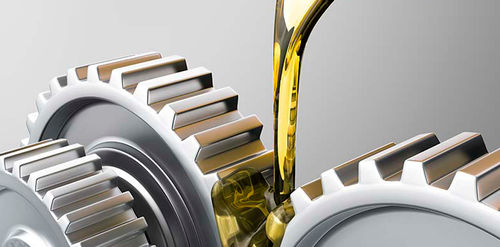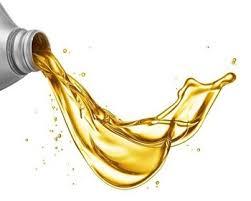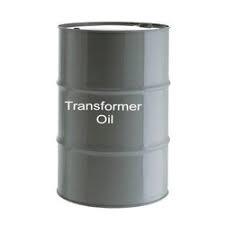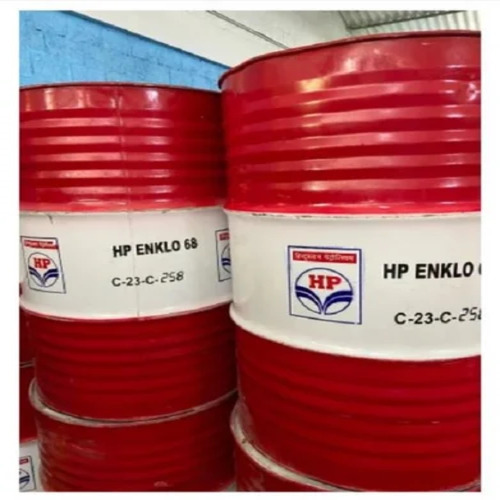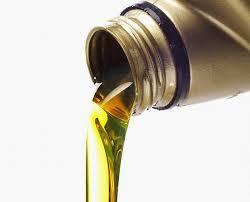Gear Oil
110 INR/Liter
Product Details:
- Color Yellow
- Use Lubrication
- Pack Type Gear Oil
- Click to View more
X
Gear Oil Price And Quantity
- 110 INR/Liter
- 20 Liter
Gear Oil Product Specifications
- Yellow
- Gear Oil
- Lubrication
Gear Oil Trade Information
- 1 Liter Per Day
- 1 Days
- All India
Product Description
Gear oil is a specialized lubricant designed specifically for use in gearboxes and differentials of vehicles and industrial machinery. Here's a detailed description:
Composition: Gear oils are typically formulated from base oils, additives, and sometimes viscosity modifiers. The base oils can be mineral oils, synthetic oils, or a blend of both. Additives are included to enhance specific performance characteristics, such as extreme pressure (EP) protection, corrosion resistance, oxidation stability, and foam control.
Functionality: Gear oil serves several critical functions within gearboxes and differentials:
Lubrication: Gear oil forms a protective film between gear teeth and other moving components, reducing friction and wear, and preventing metal-to-metal contact.
Cooling: It helps dissipate heat generated during gear operation, maintaining optimal operating temperatures and preventing overheating.
Seal Conditioning: Gear oil helps condition seals and gaskets, preventing leaks and maintaining a tight seal to prevent contamination.
Load Carrying Capacity: Gear oils are formulated to withstand high pressures and loads encountered in gear systems, providing adequate protection against wear and scoring.
Properties: Gear oils are characterized by several properties, including viscosity, viscosity index (VI), pour point, flash point, and extreme pressure (EP) properties. Viscosity is particularly crucial as it determines the oil's ability to provide sufficient lubrication under various operating conditions, such as high temperatures and heavy loads.
Types: Gear oils come in various types, each tailored for specific applications and operating conditions. Common types include:
Mineral Gear Oils: These are formulated from mineral base oils and are suitable for general-purpose gearboxes and differentials operating under normal conditions.
Synthetic Gear Oils: Formulated from synthetic base oils, these offer superior performance in extreme temperatures, high loads, and severe operating conditions.
Hypoid Gear Oils: Specifically designed for hypoid gears found in automotive differentials, these oils contain special additives for enhanced EP protection and anti-wear properties.
Standards: Gear oils are often manufactured to meet industry-specific standards and specifications, such as those set by the American Gear Manufacturers Association (AGMA) and the Society of Automotive Engineers (SAE).
Maintenance: Regular maintenance of gearboxes and differentials, including monitoring oil levels, checking for contamination, and changing the oil at recommended intervals, is essential for optimal performance and longevity of gears and related components.
Overall, gear oil plays a crucial role in ensuring smooth and efficient operation, as well as prolonging the lifespan of gear systems in vehicles and industrial machinery.
Tell us about your requirement

Price:
Quantity
Select Unit
- 50
- 100
- 200
- 250
- 500
- 1000+
Additional detail
Mobile number
Email

